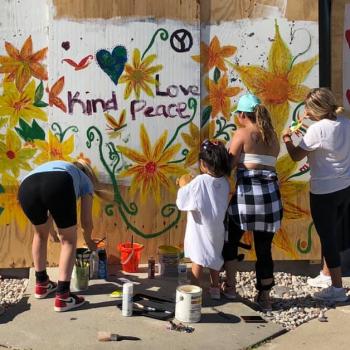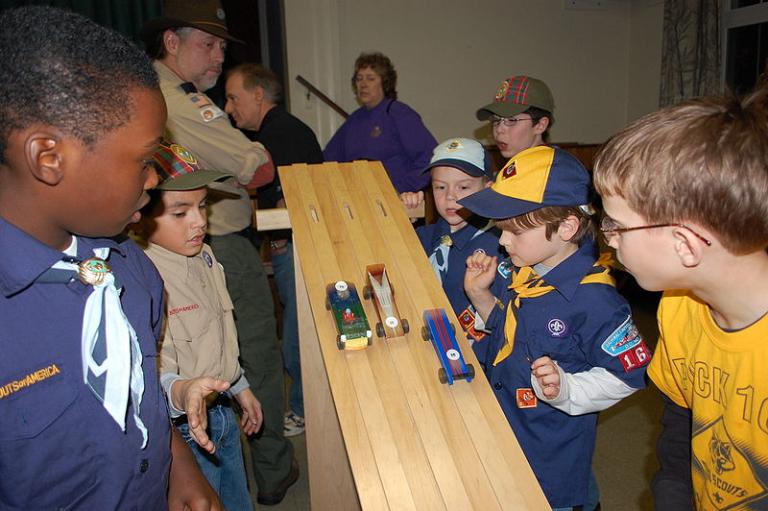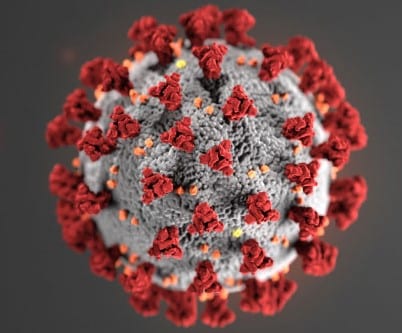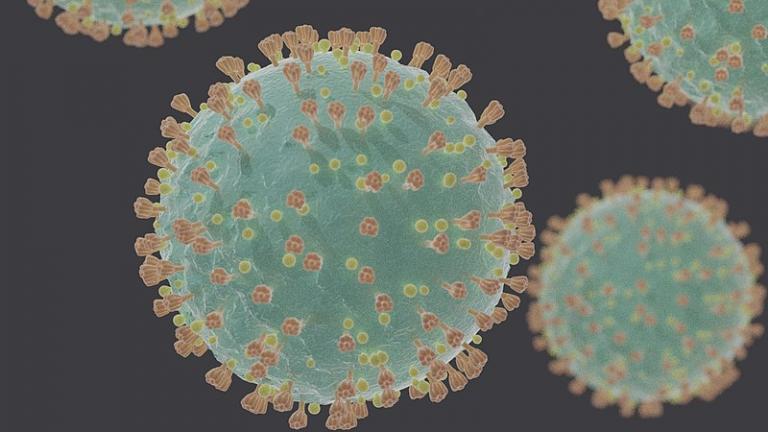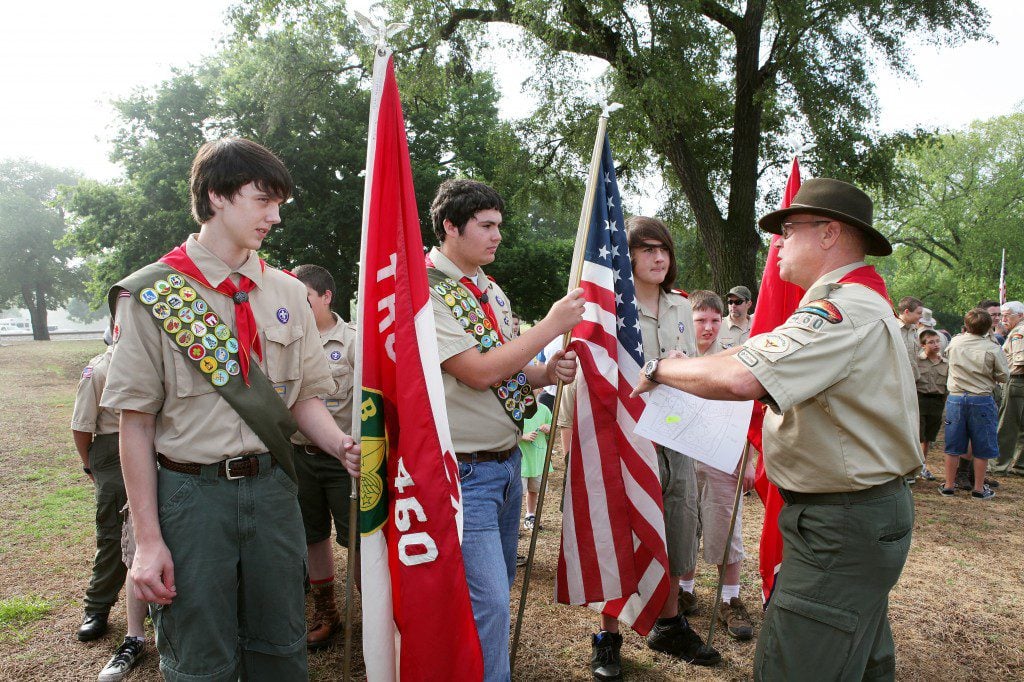
Here’s a tweet, like so many others, that came across my twitter feed just now:
the lockdown is the closest most americans now living have come in spirit to the collective sacrifices of "the greatest generation." unsurprisingly, the people who venerate them most hated it
— Christopher Hooks (@cd_hooks) May 8, 2020
Can you guess what word in this tweet sparked my ire?
Yes, of course, “collective.”
You keep using that word, I do not think it means what you think it means.
Also,
“We’re all in this together.”
No, we are not.
What is so insidious about the pandemic lockdowns are that they are sapping our collectiveness, or togetherness. Zoom calls and social media cannot replace in-person coming-together — and I say that even though I am a massive introvert.
Heck, we were treated to images of people in Italy forming communities by gathering on their balconies in streets narrow enough that one could reasonably greet a neighbor this way.
In the U.S.? Nope!
Here in the Chicago area, Catholic churches are locked even for private prayer, and Cardinal Cupich has banned even parking-lot masses; a week ago, the Sun-Times reported that the Archdiocese issued a statement (not available on the Archdiocese website): “We are engaged in planning for the resumption of Masses and other liturgies within the CDC guidance for 10-person attendance.” But apparently there are too many committees and subcommittees or maybe the Cardinal has better things to do because nothing further has been released. But according to the governor’s plan, it’ll be, I’m guessing, late summer before up-to-50 person gatherings are permitted, and far further into the future before everything is back to normal (a vaccine? a treatment? for the governor to let go of these expectations?) — and, to be honest, I don’t know whether the Cardinal will allow parishes to craft intermediate solutions or place an all-or-nothing demand and then whine that people aren’t mailing in their offerings like good sheep.
But even before the pandemic, at the local level, well, I’d been lamenting my struggles trying to get people to volunteer to help serve coffee & donuts (hey – sliver lining – that will be called off for so long that we’ll all forget it even existed) and my husband had been struggling to get parents to volunteer with Boy Scouts. Yesterday I had a further conversation with one of the leaders in Cub Scouts, who had tremendous difficulty recruiting for Cub Scouts, and that reminded me of my own prior observation that getting kids to come after school was easy enough, because parents looked at it as extra babysitting, but evening pack meetings were always supposed to be parent-and-child and somewhere along the way the parents started just dropping off their kids. What’s more, in that conversation, I learned that a church/school family that had been pretty involved was leaving the school for greener pastures of public schools — he didn’t quite know the whole story and it seemed in part to be disputes with other families in a way that I really have no sense of.
In other words, community spirit in America had already been hanging by a thread. (See Alienated America, the book, and my blogpost about it.) Will that thread be severed?
And everyone complaining that we Americans are all just a bunch of whiners for complaining about not being able to socialize in the ways we’re accustomed to? In addition to the fact that these people are indecently shrugging off real struggles with poverty that people are facing as a result of job loss, it is also a grave mistake to write off the community institutions which will vanish, as if they were of little importance. The “can-do” spirit with which we defeated Germany 75 years ago today had much to do with the ability to bond together in community, whether literally in the “band of brothers” on the battlefield, or in all the ways in which Americans on the home front did so. Communities provide support, and the online version of such is a weak substitute.
Thus endeth the rant.



